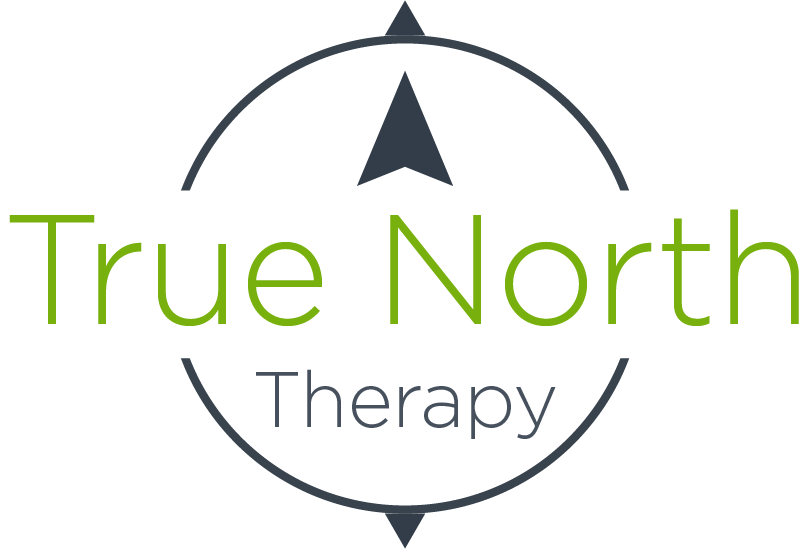Grief & Bereavement Counseling
Bereavement and grief aren’t easy topics. Bereavement refers to the process of recovering from the death of a loved one, and grief is a reaction for any form of loss. Both encompass a wide range of emotions such as fear, anger and deep, deep sadness.
The process of adapting to a loss can dramatically change from person to person, depending on his or her background, beliefs, relationship to the person who has died, and other factors.
Grief is commonly associated with deaths, but grief work can be beneficial in other circumstances as well. Experiencing loss through a chronic illness, divorce, fertility problems, etc, are also very common. Therapy can ease the impact of these transitions.
Common symptoms of grief can be physical, emotional or social.
A few common symptoms in these categories are:
Physical
- Crying and sighing
- Headaches
- Loss of appetite
- Difficulty sleeping
- Weakness
- Fatigue
Emotional
- Feelings of sadness and yearning
- Feelings of worry or anger
- Feelings of frustration or guilt
Social
- Feeling detached from others
- Self-isolation from social contact
- Behaving in ways that are not normal for you
Every grieving experience is different. A person may be able to continue their day-to-day routine after one loss, yet not be able to get out of bed after the loss of someone else. Whatever your personal symptoms are, grief and bereavement counseling have been proven to help.

